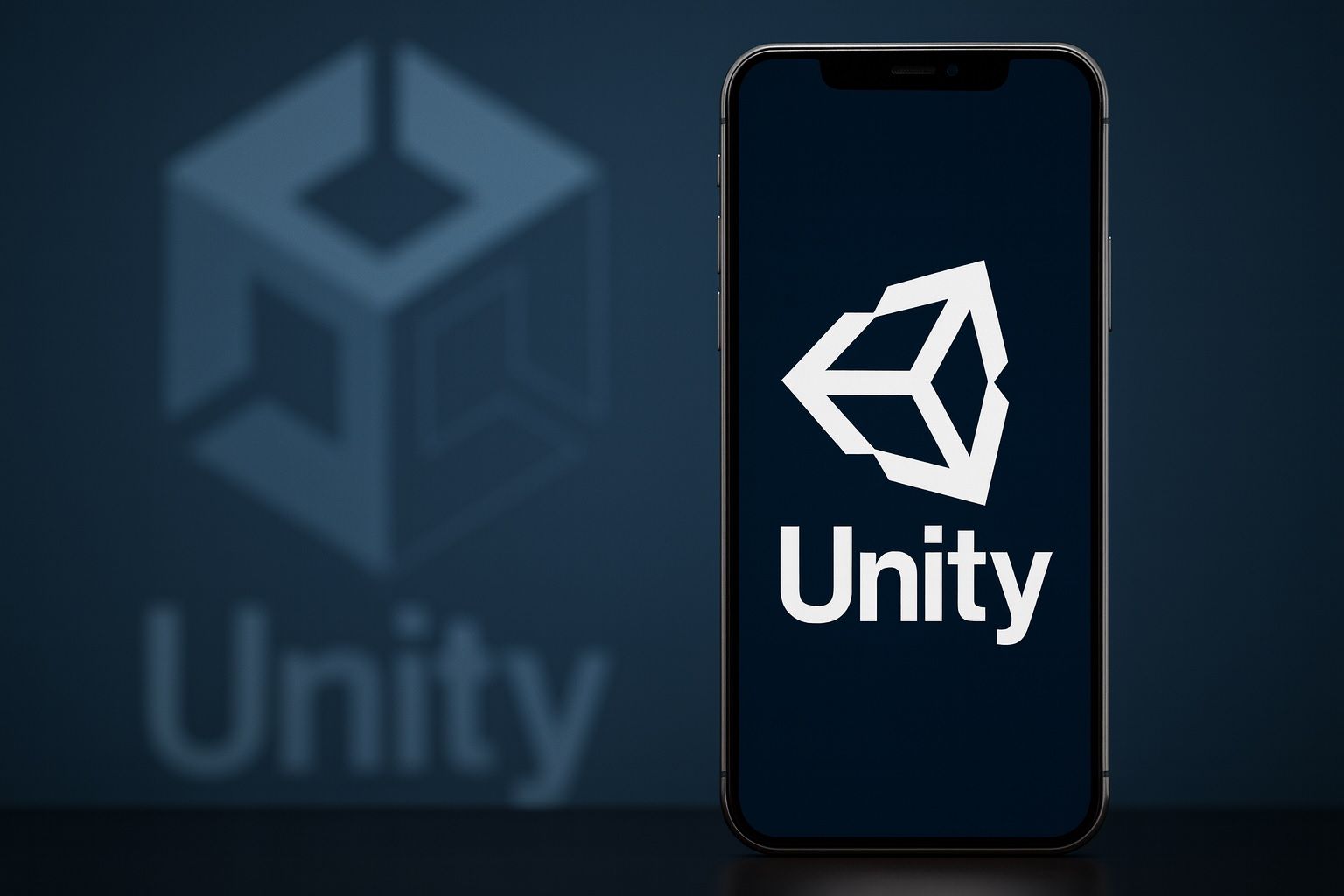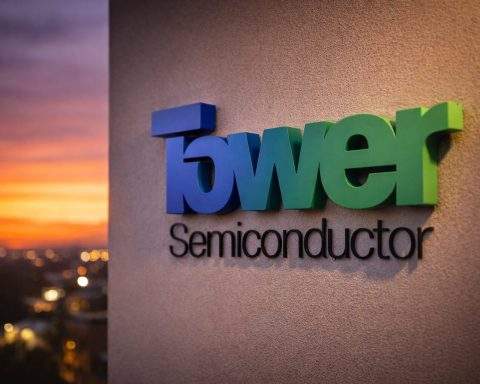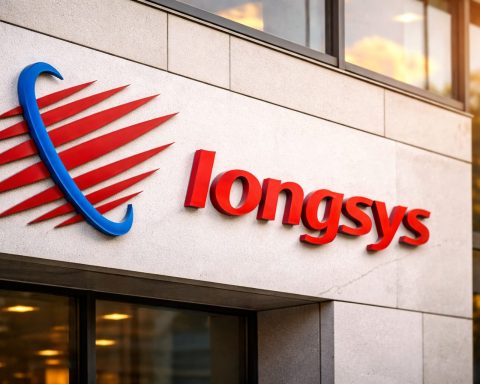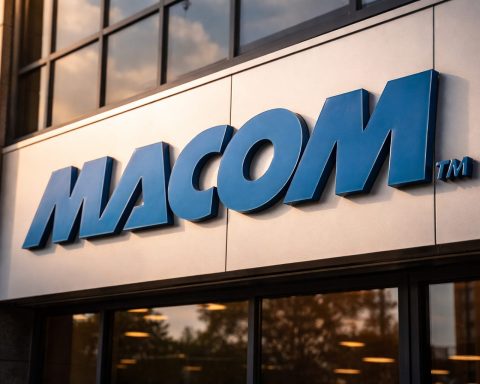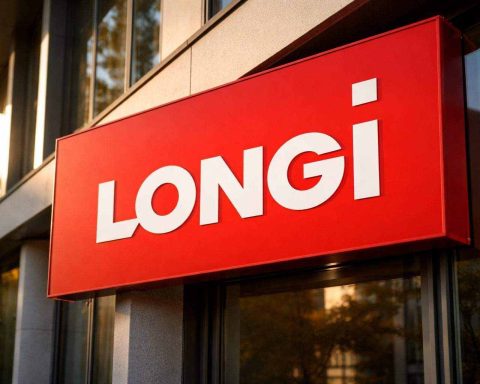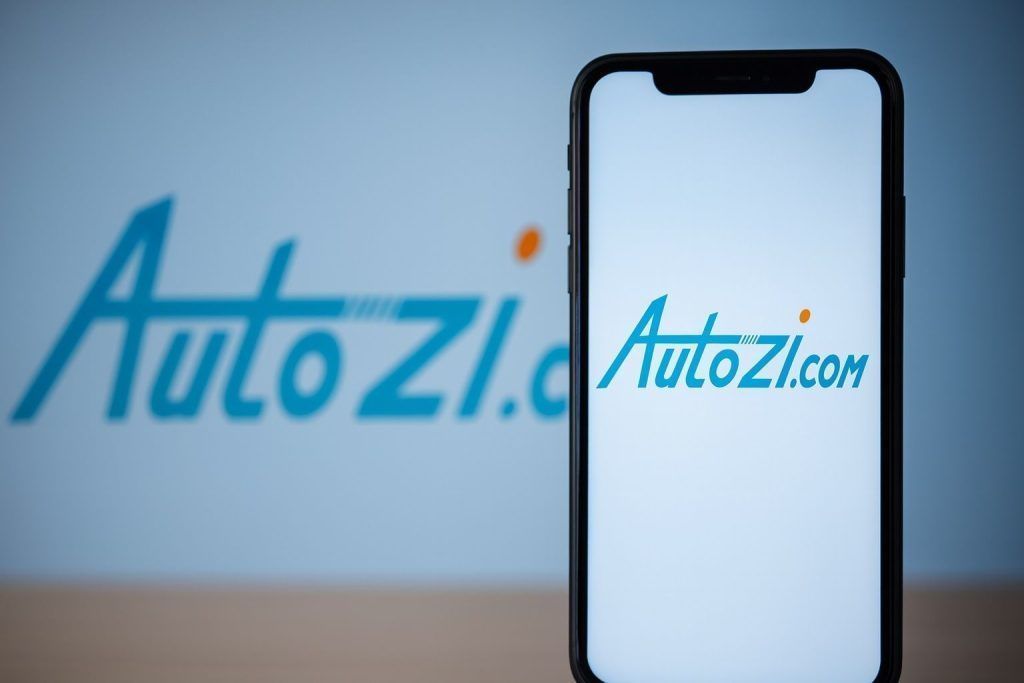Unity Software Inc. (NYSE: U) grabbed the spotlight on November 19, 2025, with a surprise partnership with Epic Games and a slate of new tools unveiled at its Unite 2025 conference, even as insider selling and mixed Wall Street views keep investors cautious.
Unity and Epic Games Forge a Landmark Fortnite Partnership
Unity and Epic Games announced a high‑profile collaboration today that could significantly redraw the map of the game‑engine landscape. The companies are working together to let developers publish Unity‑built games directly into Fortnite, one of the world’s largest gaming ecosystems with hundreds of millions of registered accounts and a booming creator economy. 1
Key elements of the partnership include:
- Unity games inside Fortnite: Unity developers will be able to bring their titles into Fortnite and participate in the Fortnite Creator Economy, opening access to a massive, highly engaged audience. 1
- Unity commerce inside Unreal: Unity’s enhanced cross‑platform commerce platform will be extended to support Unreal Engine in early 2026, giving Unreal developers more choices for managing digital catalogs, payment providers, and web shops across PC, mobile, and web. 1
- Interoperability and “open” positioning: Both companies are framing the move as a step toward a more open and interoperable gaming ecosystem, allowing engines to work together rather than exist as isolated silos. 1
The partnership was revealed live during Unity’s Unite 2025 keynote in Barcelona, where Epic CEO Tim Sweeney joined Unity CEO Matt Bromberg on stage – a striking visual considering the companies have long been seen as rivals in the engine space. 2
For Unity, this deal does three important things at once:
- Expands distribution: Developers can potentially reach Fortnite’s enormous player base without rebuilding their games from scratch for Epic’s toolset. 2
- Deepens monetization hooks: By tying its commerce platform into Unreal, Unity is positioning itself not just as a creation engine but as key infrastructure for game monetization across multiple ecosystems. 1
- Softens the “Unity vs. Epic” narrative: The collaboration suggests a more pragmatic, ecosystem‑driven future where game engines can interoperate, especially as regulators pressure app stores and platforms to open up. 2
Unite 2025: Unity Doubles Down on Developer Choice, AI, and Commerce
Alongside the Epic partnership, Unity used Unite 2025 to showcase a wide suite of new and upcoming tools designed to let developers “develop, deploy, and grow” games from within a single environment. 3
According to Unity’s conference announcements, today’s highlights include:
1. Develop Faster and More Securely
Unity is emphasizing quality, security, and production readiness:
- Unity Core Standards: An internal framework and set of guidelines to ensure third‑party tools and packages on the Unity platform are verified and signed, aiming to increase trust and reliability for developers relying on external SDKs and plugins. 3
- Unity 6 Production Verification: A more rigorous testing and validation process across Unity 6, including work with partners such as KONAMI on the title Survival Kids to pressure‑test new technology and secure day‑one support for upcoming hardware like Nintendo Switch 2 and GameShare capabilities. 3
- Unity Studio (open beta): A new browser‑based authoring tool targeting industrial and enterprise users, built to simplify data transformation, iteration, and collaboration workflows. 3
- Unity AI Gateway (coming 2026): A secure way to connect third‑party AI agents to the Unity Editor, giving AI tools deeper, context‑aware access to project assets, scenes, and platform targets while keeping a controlled security boundary. 3
2. Deploy Everywhere, with Less Friction
Unity also unveiled tools aimed at simplifying multi‑platform launches:
- Platform Toolkit: A unified workflow that brings together SDK integration, automated certification checks, and deployment routines, designed to reduce the time and complexity of shipping games across multiple consoles, PC, and mobile stores. 3
- Developer Data Framework: A data layer that gives creators deeper, more actionable insight into player behavior while giving teams more control over how data is collected, processed, and shared—important in a tightening global privacy environment. 3
3. Grow With Flexible Monetization and Commerce
On the growth side, the company is leaning into commerce and AI‑driven monetization:
- Enhanced native In‑App Purchase tools: Unity is rolling out upgrades (currently in limited early access) that centralize catalog management, payment providers, and web shop configuration across mobile, web, and PC, positioning Unity as a commerce “hub” for game economies. 3
- Unity Vector AI platform: Unity’s AI‑driven user acquisition and monetization solution continues to be central to its Grow segment, helping developers identify high‑value players and optimize ad experiences. 4
Finally, Unity announced that Unity 6.3, the next long‑term support (LTS) release, is scheduled for December 2025, promising major 2D and 3D rendering enhancements, optimized 2D physics, and faster multiplayer prototyping via new templates. 3
Stock Market Reaction: Early Pre‑Market Surge, Intraday Volatility
News of the Epic partnership and Unite 2025 announcements immediately showed up in the tape.
- Pre‑market data from MarketScreener showed Unity shares trading around $39.44, up roughly 6.6% ahead of the opening bell, with headlines specifically linking the move to the Epic collaboration. 3
- More recently, real‑time quotes indicate Unity stock trading near $37 on the NYSE, up less than 1% from the previous close, suggesting that early enthusiasm moderated as the session unfolded. 3
TipRanks data shows Unity shares are still up strongly year‑to‑date, with a YTD gain of just over 50% and a market capitalization in the mid‑teens billions of dollars, reinforcing the stock’s volatile but constructive trajectory in 2025. 5
Unity has also appeared on lists of pre‑market movers and S&P 500 leaders today, underscoring how closely traders are watching the announcement. 6
Earnings Backdrop: Q3 2025 Beat and Raised Guidance
Today’s news comes on the heels of strong third‑quarter 2025 financial results, reported on November 5:
- Q3 2025 revenue: $471 million, up from $447 million in the same quarter of 2024.
- Create Solutions: $152 million in revenue.
- Grow Solutions: $318 million in revenue, highlighting the importance of Unity’s ads and monetization stack.
- GAAP net loss: $127 million (‑27% margin), with GAAP EPS of ‑$0.30.
- Adjusted EBITDA: $109 million, for a 23% margin.
- Adjusted EPS: $0.20. 7
Unity’s Q3 performance exceeded both its own guidance and market expectations:
- Revenue beat consensus estimates (around $450–453 million), and adjusted EBITDA also came in well ahead of forecasts (roughly $95 million expected). 8
- The company guided Q4 2025 revenue to a range of $480–$490 million and adjusted EBITDA to $110–$115 million, signaling confidence in its subscription base and ad‑driven monetization heading into 2026. 9
Analysts and independent research outlets have highlighted Unity’s AI‑powered tools—particularly Vector AI and the Developer Data Framework—as key drivers of recent margin expansion and revenue growth in the Grow segment, even as the company remains unprofitable on a GAAP basis. 4
Wall Street’s View: Price Target Hikes, But a “Hold” Consensus
The market’s reaction to Unity’s recent execution has been nuanced.
On the positive side:
- Multiple firms have raised their price targets following the Q3 beat, including Needham ($50, Buy), Citizens ($45), Goldman Sachs ($42, Neutral), and Macquarie ($50, upgraded to Outperform), often citing better‑than‑expected revenue, EBITDA, and a more credible path to growth via AI and ads. 8
- Commentary from outlets like Seeking Alpha and AInvest has framed Unity’s Q3 outperformance as a potential inflection point, with double‑digit growth expected to re‑accelerate beyond 2025 if Unity’s AI and data products scale successfully. 10
On the cautious side:
- Despite the upbeat headlines, equity research consensus still sits at “Hold”, with an average price target around $38.52, only modestly above current trading levels. 11
- Unity’s valuation remains demanding by some measures, with negative GAAP earnings, a price/earnings ratio defined by losses, and EV/sales and EV/EBITDA multiples that leave little room for execution mistakes. 4
In short, Wall Street is acknowledging Unity’s operational progress and today’s strategic partnership, but many analysts appear to be waiting for more consistent profitability before upgrading the stock en masse.
Heavy Insider Selling, Strong Institutional Ownership
Two MarketBeat filings published today add nuance to the ownership picture around Unity Software: 12
- Police & Firemen’s Retirement System of New Jersey increased its stake in Unity by 7.9% in Q2, now holding about 119,779 shares valued at roughly $2.9 million.
- Across Unity’s shareholder base, institutional investors own about 73.5% of the stock, underscoring continued interest from professional money managers. 11
At the same time, insider activity has been firmly on the selling side:
- Over the past 90 days, insiders—including director Tomer Bar‑Zeev and CEO Matthew Bromberg—have collectively sold approximately 2.44 million shares, worth about $103.7 million, with insiders retaining only about 3.6% ownership. 11
While insider sales do not necessarily imply a negative view on the company’s prospects—they may relate to diversification or personal financial planning—they can act as a psychological overhang, especially when valuations are rich and volatility is high.
The “Special Call” From Barcelona
Unity also held a “Special Call” today, with a transcript listed by S&P Capital IQ and MarketScreener. The event, tied to Unite 2025 in Barcelona, featured CEO Matt Bromberg addressing the audience and highlighting a lineup of new games being showcased at the conference. 13
The full transcript is paywalled, but its timing—just ahead of the public Epic partnership announcement and the larger Unite 2025 news cycle—suggests the call was used to brief investors and stakeholders on Unity’s strategic direction as the company leans into interoperability, AI tools, and expanded commerce capabilities.
What Today’s News Means for Unity’s Road Ahead
For both investors and developers, November 19, 2025 marks a meaningful chapter in Unity’s story:
For developers:
- The Fortnite integration materially expands potential reach for Unity‑built games without forcing teams to abandon their toolchain.
- The Unreal commerce integration and upgrades to Unity’s own IAP tools hint at a future where Unity is as much a commerce and data infrastructure provider as it is a game engine.
- New features like Unity Core Standards, Platform Toolkit, Developer Data Framework, and the upcoming AI Gateway aim to reduce friction, increase security, and provide richer telemetry across the full development lifecycle. 3
For investors:
- The Epic partnership strengthens the strategic narrative: Unity is not just recovering from past controversies (such as the 2023 runtime fee backlash) but repositioning itself as a central player in an open, cross‑engine ecosystem. 2
- The Q3 2025 beat and raised guidance support the view that Unity’s AI‑enabled ad and monetization tools are gaining traction. 7
- However, ongoing net losses, insider selling, and a consensus “Hold” rating show that the market is not fully convinced the growth story will translate into durable profits. 11
Going forward, the key questions will be:
- Can Unity turn the Fortnite and Unreal commerce integrations into meaningful incremental revenue, not just headlines?
- Will tools like Vector AI, Developer Data Framework, and AI Gateway drive sustained margin expansion and free‑cash‑flow growth?
- Can Unity maintain a healthy relationship with developers after past missteps, while competing with open‑source alternatives and rival engines?
For now, November 19, 2025 will likely be remembered as the day Unity and Epic publicly pivoted from pure rivalry to cautious collaboration—potentially reshaping the economics of game development and the future of engine interoperability.
This article is for informational purposes only and does not constitute investment advice or a recommendation to buy or sell any security.
